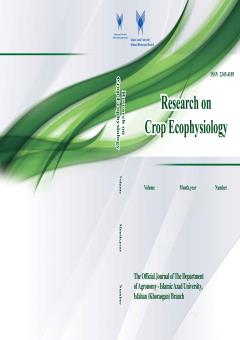To ensure high-quality scientific publications, public trust in scientific findings, and that people receive credit for their ideas, ethical standards for publication exist. It is necessary to avoid:
- Data fabrication and falsification:
Data fabrication means the researcher did not actually do the research, but faked the data. Data falsification means the researcher did the study, but then changed some of the data.
- Plagiarism:
Taking the ideas and work of other scientists without giving them a reference is unfair and dishonest. Copying even one sentence from someone else’s paper, or even one of your own that has previously been published, without proper citation is considered plagiarism—use your own words instead.
- Multiple submissions:
Submitting the same manuscript to more than one journal at the same time is unethical. Doing this wastes the time of editors and peer reviewers, and can damage the reputation of the authors and the journals if published in more than one journal as the later publication will have to be retracted.
- Redundant publications (or ‘salami’ publications):
Publishing many very similar manuscripts based on the same experiment is named redundant publication. Combining your results into one very robust paper is more likely to be of interest to a selective journal.
- Improper author contribution or attribution:
All listed authors must have made a significant scientific contribution to the research in the manuscript and approved all its claims. Don’t forget to list everyone who made a significant scientific contribution, including students and laboratory technicians. Do not “gift” authorship to those who did not contribute to the paper.


